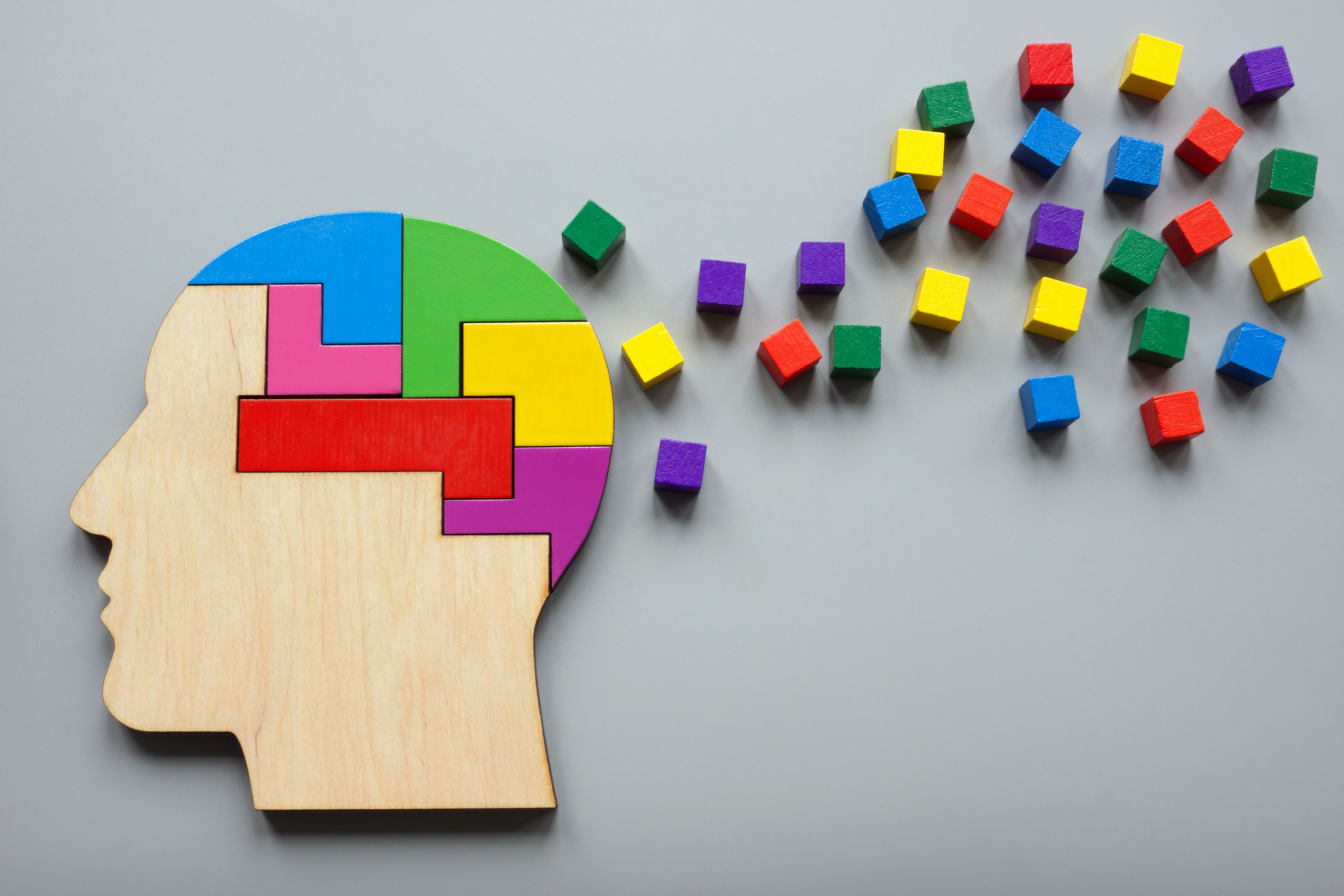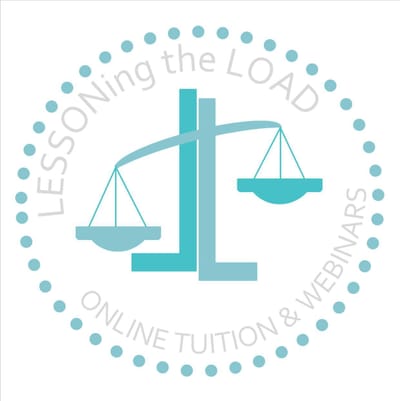Why Every Teen Should Study Psychology (and Home Ed Students Can!)
In a world that is increasingly complex, fast-paced and emotionally demanding, understanding how the human mind works is no longer a luxury - it’s a life skill. And yet, psychology remains a marginal subject in many school curricula, often only introduced at GCSE or A-Level, if at all. As both a therapist and a long-time psychology tutor/teacher, I believe it’s time we changed that. Psychology should be recognised as a core subject, right alongside English, Maths and Science. After all, what use are academic achievements if we don’t have the self-awareness, emotional resilience and understanding of others to navigate life beyond the books or classroom?
Understanding the Mind is as Fundamental as Reading and Arithmetic
From managing anxiety to building healthy relationships, problem-solving, motivation and resilience - psychology underpins it all. It teaches critical thinking, emotional intelligence and an evidence-based understanding of human behaviour. Imagine if every teenager had the tools to understand their thoughts, manage stress, challenge negative beliefs and communicate effectively. How different might their school experience - and their adult life - be? Subjects like Maths and Science teach us how the world works. Psychology teaches us how we work. It’s the missing piece in a truly holistic education.
Mental Health Is No Longer a Niche Topic
We are finally beginning to talk more openly about mental health. But awareness is only the first step - education is what truly empowers young people. If we want to reduce stigma, increase early intervention and raise a generation capable of recognising and managing emotional distress, then psychology needs to be at the heart of the conversation. Teaching children how the brain develops, how habits form, how emotions impact decisions and how trauma can shape behaviour gives them the insight to care not just for themselves but for others. It's a powerful antidote to isolation, self-doubt and misinformation.
Psychology Builds Empathy and Reduces Prejudice
One of the most beautiful things about teaching psychology is seeing students realise how different life experiences shape people’s beliefs, emotions and behaviour. It helps to foster tolerance, curiosity and compassion. Students learn to explore rather than judge, to question rather than assume. In today’s divisive climate, that kind of education is more vital than ever.
A Natural Fit for Home Education
While mainstream schools often treat psychology as an optional extra, if it's offered at all, home-educated students have the freedom to put it front and centre. And in many ways, that makes perfect sense. Home education often embraces a more personalised, emotionally-attuned approach to learning - one that honours curiosity, individuality and depth of understanding. Psychology fits beautifully into this model. It encourages reflection, open dialogue and real-world application. Whether it's discussing the psychology of memory during a history lesson or using theories of motivation to set learning goals, psychology is woven into the fabric of everyday life. Moreover, because home-educated young people often interact across a wide range of ages and contexts, they naturally ask deeper questions about human nature, development and relationships - questions that psychology is designed to explore.
Beyond the Textbook: Life Skills for the Real World
Psychology isn't just an academic subject - it's a guide to living well. It gives young people the vocabulary to describe their emotions, the frameworks to understand conflict, the science behind stress, and the strategies to cope with it. These are not abstract ideas. They are practical, empowering tools that last a lifetime. Whether a young person goes on to become a therapist, a parent, an artist, a scientist or a business owner, their ability to understand people - including themselves - will be at the core of their success and wellbeing.
A Word to Home-Educating Parents
If you're home educating your child, you already value the freedom to follow your child’s interests and shape their education in a way that feels meaningful. Introducing psychology into your curriculum isn’t just an enriching subject choice - it’s an investment in your child’s mental and emotional resilience. And it’s never too early to begin. You don’t need a full GCSE syllabus to start exploring ideas like:
- Why do people behave differently in groups?
- What happens in the brain when we feel stressed?
- How does childhood experience shape adult behaviour?
- Why do we remember some things and forget others?
These are powerful questions - and home education gives you the time and space to explore them deeply, in your own way, and on your own terms.
Final Thoughts: Time for a Shift in Priorities
Psychology has the power to change lives - not just by treating mental illness, but by preventing it through education. If we truly care about raising emotionally literate, self-aware and compassionate young people, then psychology deserves a seat at the core curriculum table. Until that happens in mainstream education, I’m heartened by the fact that more and more home-educated students are embracing the subject - and thriving because of it. If you're a parent or student curious about studying psychology in a meaningful and accessible way, I offer one-to-one tuition, affordable webinars and small group classes tailored to learning style and goals. Whether you’re preparing for an exam or simply exploring human behaviour for the love of it, I’m here to help make psychology come alive. Because understanding ourselves is the first step to understanding the world.
Ready to Explore Psychology Further?
If your child is looking for additional support with GCSE or A-Level Psychology, I offer engaging, personalised tuition designed to bring the subject to life. With years of experience as a qualified Psychology teacher, alongside roles as a subject leader, examiner and therapist, I tailor each session to suit different learning styles - making complex concepts feel clear, relevant and even fun! Whether your child is preparing for exams, building confidence or simply curious about human behaviour, I’m here to support their learning journey and make Psychology their favourite subject.

